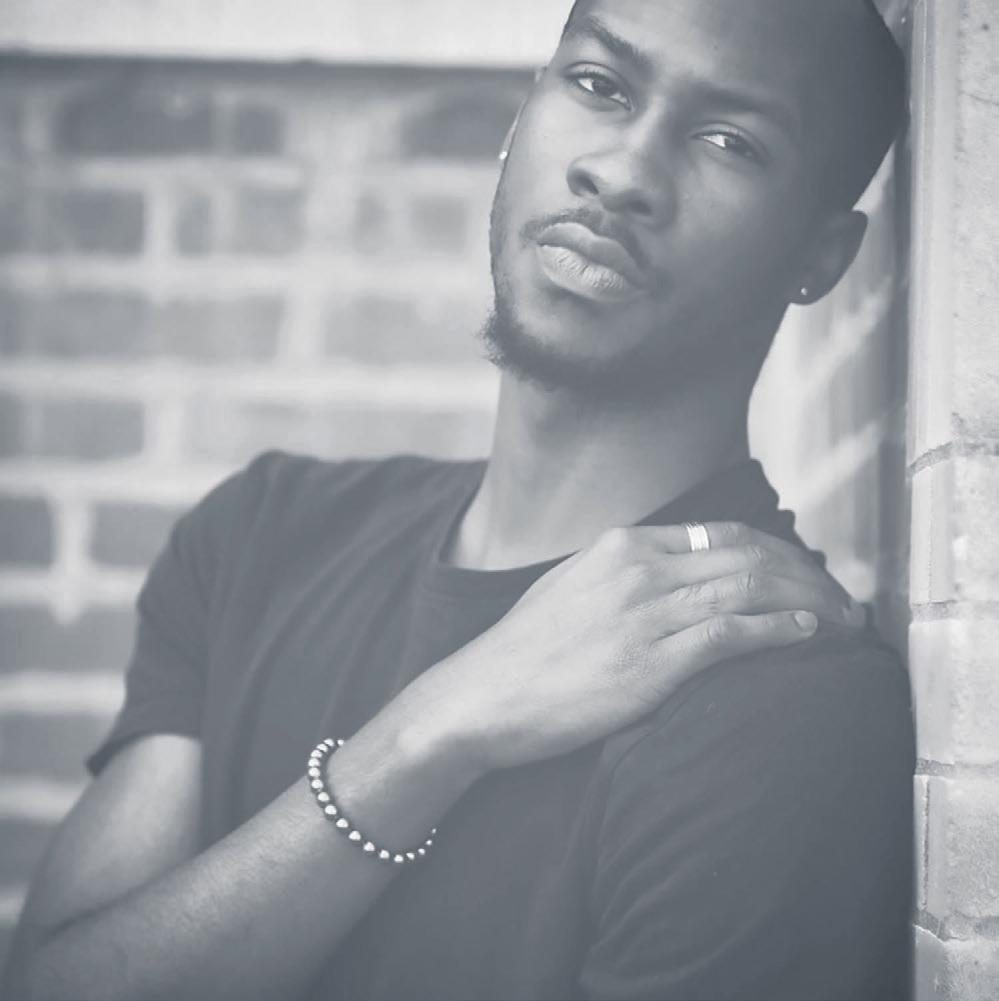
3 minute read
Man fatally stabbed in confrontation as he danced at a gas station
By MARIA CRAMER and WESLEY PARNELL
O’Shae Sibley was at a Brooklyn gas station with friends late Saturday, filling up a car and blasting music by Beyoncé when a group of men approached and told them to stop dancing, according to friends.
Advertisement
The men began using slurs, and Sibley, 28, a gay man who was a professional dancer and choreographer, confronted them, according to his friends and a video of the altercation. The argument escalated, and one man stabbed Sibley, according to police. Otis Pena, one of Sibley’s best friends, pressed on his wound to stop the bleeding before he was taken to Maimonides Medical Center, where he was pronounced dead.
“They murdered him because he’s gay, because he stood up for his friends,” Pena said in a Facebook video that he posted hours after the killing on Coney Island Avenue in Midwood. “His name was O’Shae and you all killed him. You all murdered him right in front of me.”
No arrests had been made by Monday, but police said the hate-crimes unit was involved in the investigation.
The killing has devastated Sibley’s family — he is one of 11 siblings — and unnerved the city’s gay community. While the motive remains under investigation, the attack was a reminder of the biases that LGBTQ people face.
The Anti-Defamation League and advocacy group GLAAD issued a report in June indicating an increase in harassment and violence against gay and transgender people, including online bullying, gatherings of armed protesters outside drag shows and bomb threats against hospitals that provide gender-transition care. In the first three weeks of June, there were 101 such incidents, more than twice the number during the same time period the year before.
Brad Hoylman-Sigal, a gay state senator in New York, said he was “heartbroken and enraged” over Sibley’s killing.
“Gay joy is not crime,” he said on Twitter. “Hatefueled attacks are.”
Sibley had moved from Philadelphia before the pandemic, hoping New York would provide more auditions and opportunities, said an aunt, Tondra Sibley, 49.
“It was a senseless crime,” she said. “O’Shae has always been a peacemaker. All he wanted to do was dance.”
She recalled him as a small boy, “gyrating and jerking” to Missy Elliott. When he got older, he honed his skills at the Philadelphia Dance Company and, on the advice of instructors, began ballet, taking advantage of his long, athletic frame.
Kemar Jewel, a 31-year-old choreographer and director, met Sibley in Philadelphia 13 years ago at the Attic Youth Center, where gay teenagers could go for after-school programs and activities. They were only a few years apart, but Sibley saw him as a mentor. “He was like, ‘You’re my uncle. I’m going to call you uncle,’” Jewel said.
Goofy and fun-loving, Sibley was serious about his craft. He would hunker down at Jewel’s apartment until 3 a.m. to study dance videos, from vogueing to the modern techniques introduced by Martha Graham and Lester Horton, American dancers and choreographers born around the turn of the 20th century.
“O’Shae was so well versed. He was great at tap, ballet, hip-hop,” Jewel said. “He was an incredible visual learner. I’ve seen him watch someone do something twice and then just do it.”
Jewel, who is in London working on a show, said he was sleeping Sunday morning when Pena called to tell him what had happened.
At the gas station, Sibley and his friends had been playing “Renaissance” by Beyoncé and vogueing, a style of dance that began as an imitation of fashion models in the 1980s and has evolved as an expression of pride
and protest.
That is when the group of men approached, calling them names, Jewel said, recalling the account of Pena, who could not be reached for comment.
Both Sibley and Pena told them, “Stop saying that. There is nothing wrong with being gay.”
Sibley fought with them, and he was stabbed as Pena ran to intervene, Jewel said.
At the Brownsville building where Sibley lived alone in a studio, his neighbor, Beckenbaur Hamilton, 51, said he had warned the younger man against being so open about his sexuality. Hamilton, who is also gay, recalled attacks he had suffered in his 20s when going out to clubs, and he said he has recently been overhearing comments on the street about “all these rights” gay people have.
“O’Shae wasn’t afraid of being who he was,” Hamilton said. “He would defend his friends.”
They loved dancing outside and delighted in drawing a crowd. “But I’d see how people looked at them,” Hamilton said. “There was a worry in the back of my mind.”
In his video, Pena described Sibley as his brother and said the two were “always out and loud.”
“We as a community don’t deserve this,” Pena said. “We may be gay, but we exist. We’re not going to live in fear. We’re not going to live hiding.”










